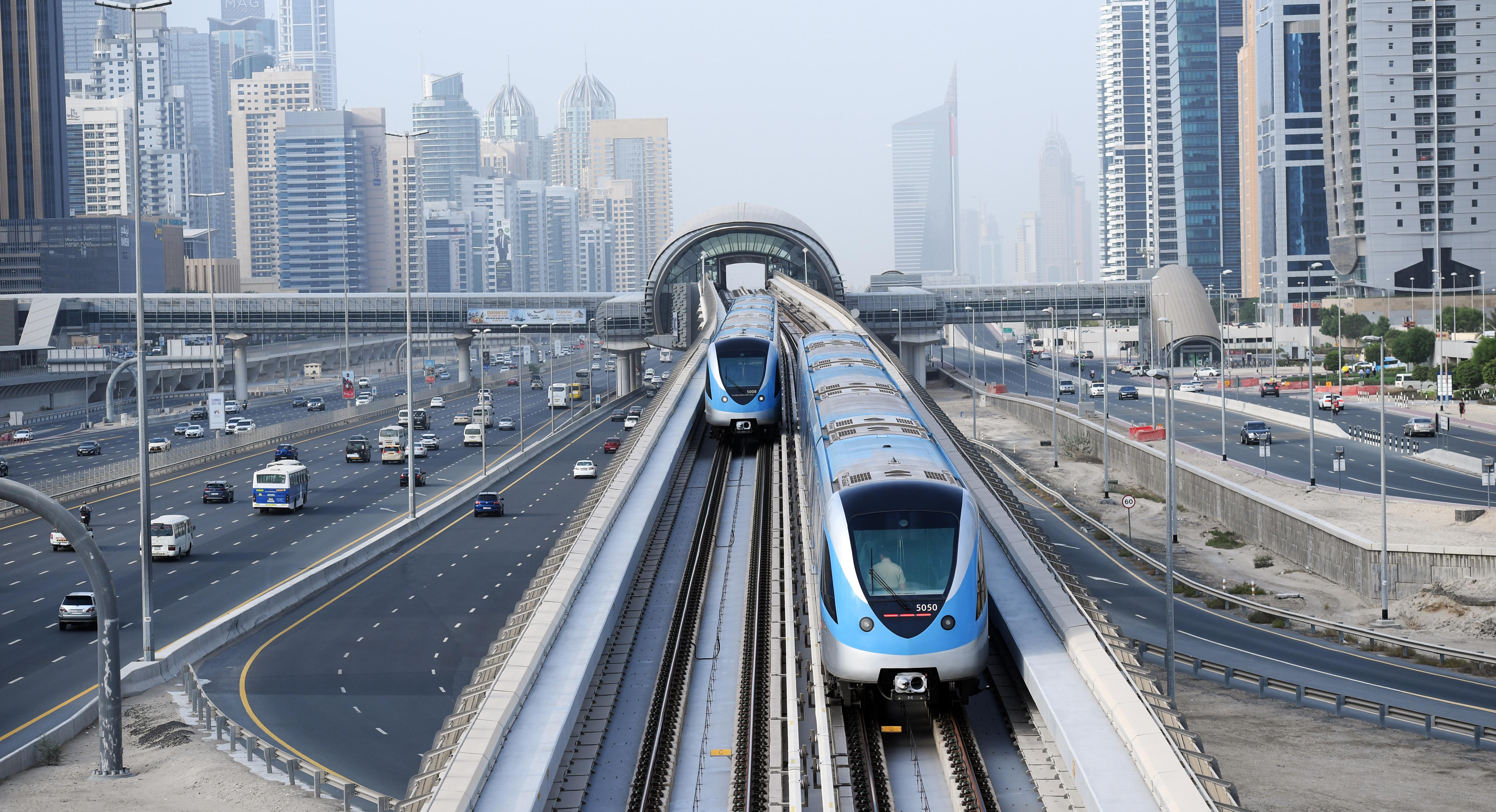Keolis works with public transport authorities and local communities to develop new forms of mobility and provide passengers with an increasingly connected, safe service offer.
1) The widespread adoption of digital technology
In the wake of the health crisis, mobility has rapidly become more digital. Passengers now prefer contactless payment and paperless tickets, while increasingly resorting to load prediction tools to find out when it's less crowded, as well as MaaS (Mobility as a Service) apps to customise their journeys.
2) Analyzing data to improve service quality
By exploiting data, MaaS encourages the spread of multimodal transport, a passenger’s use of several different transport modes for a single journey. MaaS is helping to enhance the appeal of local communities, while contributing to the development of Open Data (data freely available to passengers). Data also makes it easier for Keolis to detect equipment and infrastructure failures, thus making the networks more reliable and secure
3) Cybersecurity, a priority
Public transport authorities and local communities are calling on transport operators to provide greater protection for the information systems involved in network operation. To meet this legitimate requirement, Keolis is developing an integrated approach to cyber risk with all its stakeholders.


